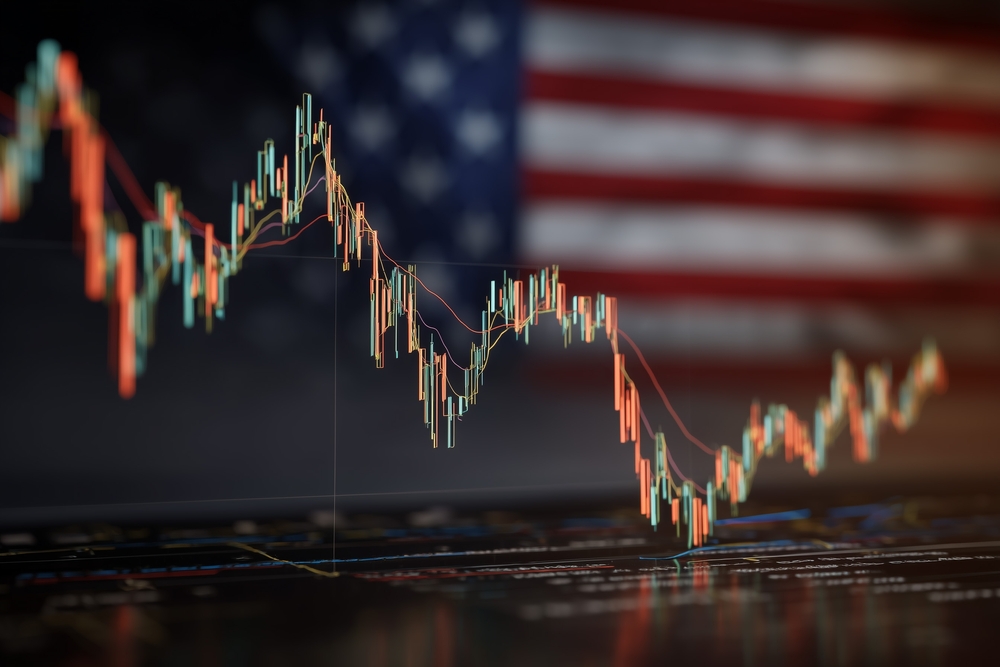A sharp shift in investor sentiment is rippling through global markets, driven by unease over how much money companies are pouring into artificial intelligence.
Others are reading now
A sharp shift in investor sentiment is rippling through global markets, driven by unease over how much money companies are pouring into artificial intelligence. For the first time in two decades, major fund managers say firms are overshooting — and the warning comes as tech stocks show new signs of strain.
The concern is landing just as Nvidia, the world’s most valuable company and emblem of the AI boom, prepares to report earnings.
Spending Concerns Rise
The latest Bank of America Global Fund Manager Survey, conducted Nov. 7–13, captured the growing anxiety. The survey of 202 managers overseeing $550 billion found that a net 20% now believe companies are overinvesting — a sentiment not recorded since August 2005.
Bank of America Research attributed the reversal directly to the “magnitude & financing of the AI capex boom,” marking an inflection point after years of enthusiasm for aggressive tech spending.
The timing is notable. Nvidia, widely seen as the public-market face of the AI arms race, has been attracting early skepticism. Fortune’s Shawn Tully reported that analysts are beginning to question elements of its strategy, calling out “cracks appearing.” In October, Morgan Stanley Wealth Management CIO Lisa Shalett told Fortune she was “very concerned” about circular financing structures and the degree of market concentration.
Also read
Earlier today, Nvidia’s decline helped trigger a global sell-off, with shares down more than 2.5% by late morning.
Bubble at the Top
According to the BofA survey, fears of an “AI bubble” have become the top tail risk for the global economy and markets, cited by 45% of respondents — up sharply from 33% the prior month. More than half of investors already believe AI stocks are in bubble territory.
Investors also identified “Long Magnificent 7” — the heavy concentration in mega-cap tech stocks — as the most crowded trade for another month running. That concentration is feeding the same capital expenditure boom investors now see as overextended.
In short, the groups driving the market are also the ones raising red flags.
Bullish Mood, Fragile Market
The paradox is that overall investor sentiment remains upbeat. Cash holdings have dropped to 3.7%, near historic lows and below the 4% threshold BofA considers a sell signal. Since 2002, every instance of cash levels falling this low has been followed by market declines within one to three months.
Also read
Even so, managers are optimistic about the productivity boost they expect from AI: 53% say the technology is already improving output, and 43% cite AI-related productivity gains as the most bullish force for 2026.
The most bearish expectation is a return of inflation paired with fresh rate hikes, referenced by 45% of participants.
Warnings Get Louder
Not all experts are convinced the market understands the risks. During an appearance on the Prof G Markets podcast, NYU Stern finance professor Aswath Damodaran said he believes markets are significantly underestimating the chance of a much deeper downturn.
He argued that the probability of “a market and economic crisis that is potentially catastrophic” is higher than at any time in the past two decades. To hedge, Damodaran advised investors to diversify into non-equity assets — including collectibles.
“If that’s where you want to put some of your money into baseball cards, because you’ve truly done your work on baseball cards, who am I to step in and say that’s not a great place to put your money?” he said.
Also read
Sources: Fortune, Bank of America


